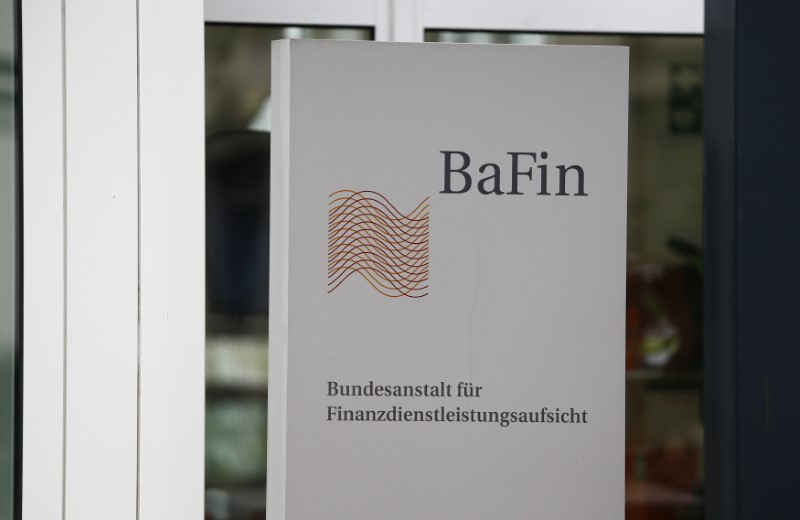FRANKFURT (Reuters) - Ultra low official interest rates continue to "weigh heavily" on Germany's smaller banks, two watchdogs said on Wednesday.
Germany's bank regulators, the Bundesbank and BaFin, surveyed about 1,500 small and medium-sized banks, accounting for 88 percent of institutions and 41 percent of total assets.
The findings showed that banks expect pretax profit to fall by an overall 9 percent over the next five years, the watchdogs said.
That corresponds to a 16 percent decline in the banks' total return on capital. While steep, that is less than the 25 percent decline in return on capital anticipated in the previous survey two years ago.
"While these institutions are planning ahead somewhat more positively than two years ago, it should be noted that this finding solely indicates that their profitability - which started low - is deteriorating at a slower pace than before," said Andreas Dombret, a Bundesbank board member who oversees banking supervision.
"The phase of stagnation caused by low interest rates is far from over," he said.
The regulators welcomed the fact that banks were finding alternative sources of income to counter low rates. Those sources include imposing fees and commissions.
Profitability would worsen further if rates remained ultra low for the foreseeable future. Banks' return on capital would shrink by 40 percent if interest rates were to remain stable until 2021, they said.
